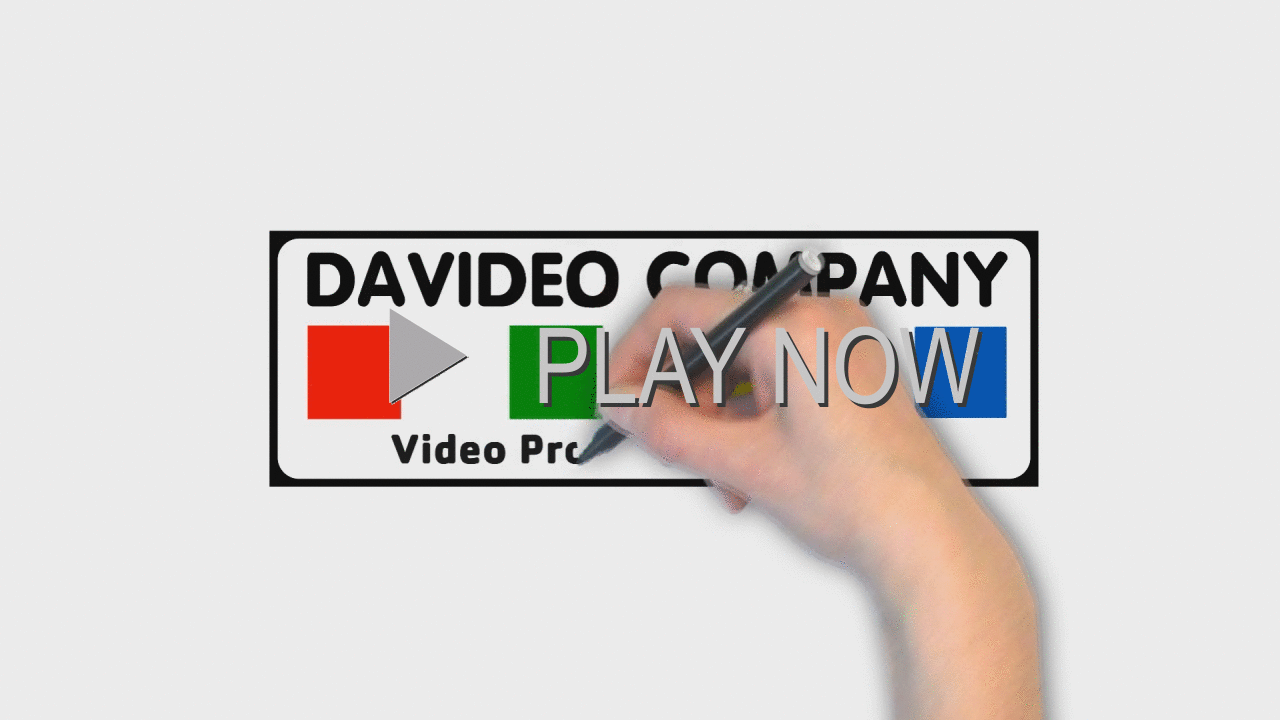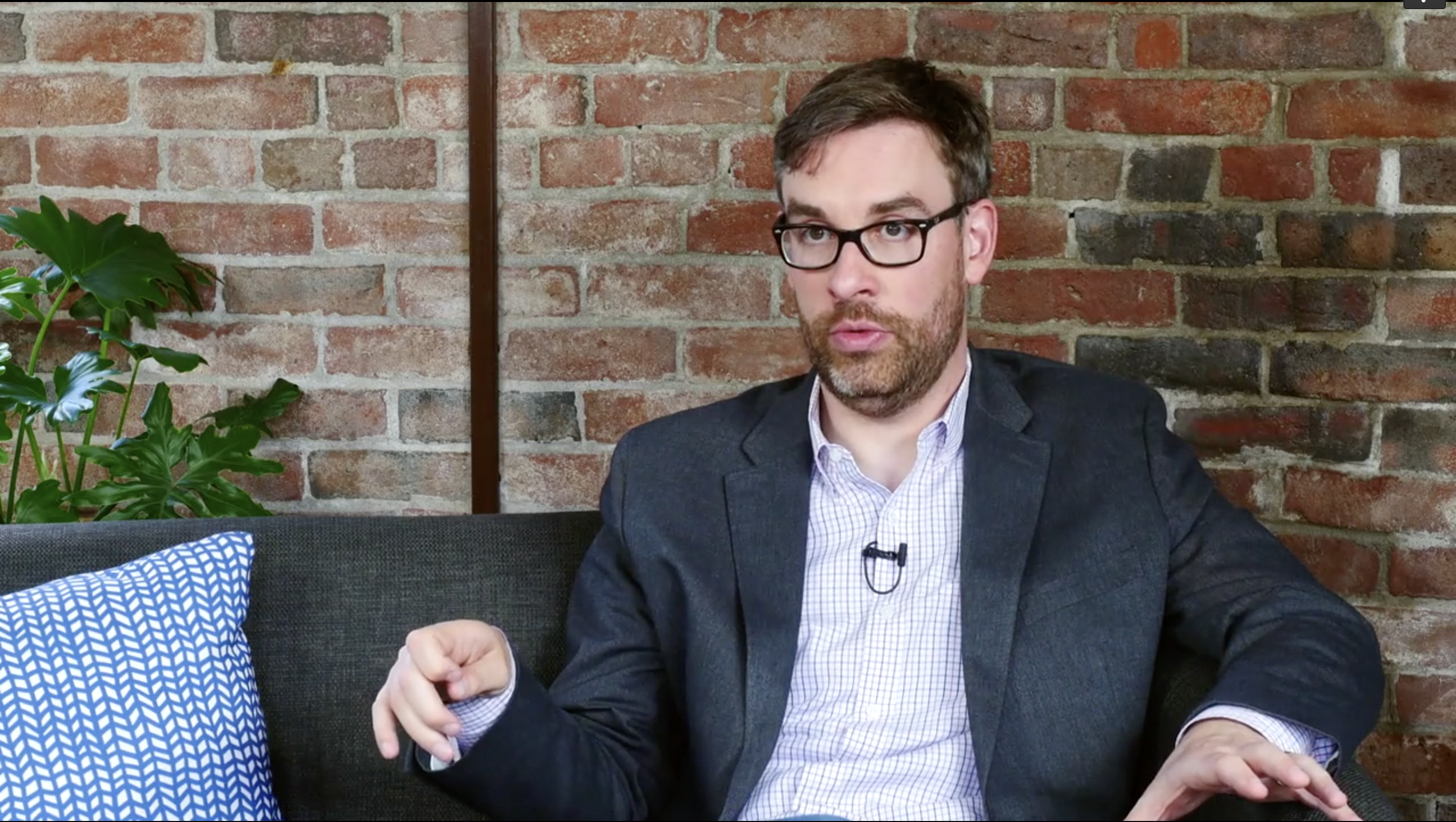So you’ve decided to create a video for your company. As a videographer, I might be biased, but I think that’s a great idea. As a person who can read statistics, I’m not that biased, because as of December 2017 81% of businesses were using video marketing and 99% of those businesses had planned to continue using video in 2018. So if you’ve decided to take the video plunge you’re certainly in good company. Maybe it’s the first time you’re bringing any sort of video to the table, or maybe you’ve dabbled with it in the past. Maybe the only video content your company has put out is an office Holiday greeting from 2014 that someone shot on their iPhone and uploaded to Facebook. Everybody starts somewhere. Regardless, if you’re not a video expert you probably have a few questions.
- What kind of video should I make?
- How long is the process?
- How do I choose a videographer?
- Will it be expensive?
- Can I just shoot the video myself?
These are all questions that are likely bouncing around in the heads of you and your team. Some of the answers are pretty simple, but most of them require a bit of unpacking. Let’s get into it.
What kind of video should I make?
By now, you might have read some of our other posts where we’ve given advice for companies just starting with video, including advice specifically tailored for non-profits. In 2018, the concept of video marketing has moved way past its former constraints of TV commercials. The bulk of everyday video marketing lives online and can be seen in emails, ads, blog posts, on company websites and social media pages. Marketing videos can be used a million different ways and cross-posted across websites to reach every member of your audience. Depending on what your company does, it can be hard to stand out, which is why we almost always recommend video testimonials as a smart first foray into video for those unsure where to start. In the linked posts above we break down all of the benefits that video testimonials can bring.
How long is this going to take?
There’s a short answer and long answer to this question. The short answer is that creating a video has 3 steps: pre-production, production, and post-production. In other words: preparing to shoot, shooting, and editing. Pre-production is the foundation for the entire project, and is the time when your videographer (aka “video production partner”) will get a clear idea of what your end goals are for the video. This is when a plan is created to make the process run as smoothly as possible. Without a strong foundation the project is susceptible to delays, hiccups, and miscommunication. Maybe you need 3 different people to be in the video. Planning ahead to assure that all of those people will be available on the same day can save production time and costs. How long does the video need to be? Do you need to stick to an accelerated schedule in order to show the finished video at an upcoming company event? This all needs to be communicated from the get-go. Some types of video are pretty straightforward and the actual shooting process doesn’t take that long. Some types of video are more complicated and require traveling between multiple locations on multiple days and weaving together a lot of moving parts to create one cohesive story in post-production. Most videos fall somewhere in between. An editor will often will require supplemental materials such as company graphics or additional supporting footage (“B-roll”) to fully flesh out the video. Obtaining these materials also factors into overall production time—another reason why taking the time to plan out the entire process in pre-production is so crucial.
How do I choose a videographer?
Going off of the previous answer, the first step is to make sure that the videographer you choose is someone who will work with you during pre-production. If they claim that they’re just going to show up on the day of the shoot with no game plan because they’re an “expert”, that’s a big red flag. Check out their portfolio, and don’t be afraid to ask for an example of something closer to what you’re looking for. That being said, not every videographer works with all types of video projects. Many videographers have specialties. You might be barking up the wrong tree if you’re asking a wedding videographer to give you a quote for your employee training project. If it’s not clearly stated on their website, ask what information they need from you to get the process started. It can be tempting to implicitly trust someone who seems like they have a lot of flashy equipment, but check out their past client work to see if the people behind the cameras will strive to really understand your objectives and your mission.
Will it be expensive?
I hate to give a cop-out answer and say “it depends”, but It Depends. If you’re shooting a simple interview-style video for a testimonial, it’s not going to cost as much as a 5-minute short film with drone footage and an original score. This is one reason why you should be wary of videographers who quote prices “per finished minute”. If you are clear up front about what you want to achieve, a skilled videographer will be able to provide a detailed quote that reflects the time and resources required to do the job effectively. While it’s important to be cognizant of your budget, especially if you’re a non-profit or small company, remember that this is a videographer’s livelihood; the quality of what they create for you reflects back on them as well. It can be easy to write off something as “just video” and underestimate the time and effort that should be put into the entire process of pre-production, production, and post-production. There’s a reason you’re hiring a professional instead of having your intern shoot something on their iPhone.
Can I just shoot the video myself?
Again, there’s a reason you’re hiring a professional instead of having your intern shoot something on their iPhone. Technically, yes, you can just shoot it yourself. Sometimes you have to shoot basic video yourself. But remember that this is going to represent your company, your brand, and your cause. Here at Davideo Company, we have a saying: “Your video can be Good, Fast, or Cheap. Pick any 2.” If you just shoot it yourself on a cell phone, it might be fast and cheap, but nobody is going to mistake it for professional work. If your video features an interview with a client or someone who’s received help from your organization, you would greatly benefit from having someone experienced with interviewing in order to draw out the best material in a calm, sensitive manner. You’ll want to have an experienced editor who can turn all of the raw footage into a fully-realized project. A professional videographer will be able to tell your story in a way that looks and sounds great and inspires the viewer to take action. If you’re going to invest your time and resources into video, you want it done right.
RELATED BLOG POSTS
5 Things You MUST Do To Prevent Video Disaster
If you’ve decided to take the video plunge you’re certainly in good company. Maybe it’s the first time you’re bringing any sort of video to the table, or maybe you’ve dabbled with it in the past. Maybe the only video content your company has put out is an office Holiday greeting from 2014 that someone shot on their iPhone and uploaded to Facebook. Everybody starts somewhere. Regardless, if you’re not a video expert you probably have a few questions. Read More
How to Use Video In Your Marketing Emails to Boost Click Through Rates
Videos are a significant tool for any company’s marketing plans. They grab the attention of viewers and keep them interested in what you have to say. So it follows that using video in your emails is likely to make greater impact on your audience. But how do you get video into your emails? Read More
Should you be utilizing 4K Ultra-HD for your video needs?
Engaging with the field of videography often means that you’re hearing a lot of technical terms that you may not know the meaning of. One of these terms that’s been gaining considerable traction recently is 4K, or Ultra-HD. Put simply, 4K is a high-definition format that has about four times the resolution (in terms of pixel-count) as 1080p HD, the current industry standard. Because it still isn’t as readily accessible as traditional HD, we’re currently seeing a slow transition phase between the formats as prices and accessibility for 4k viewing and recording become more affordable and efficient. Read More





